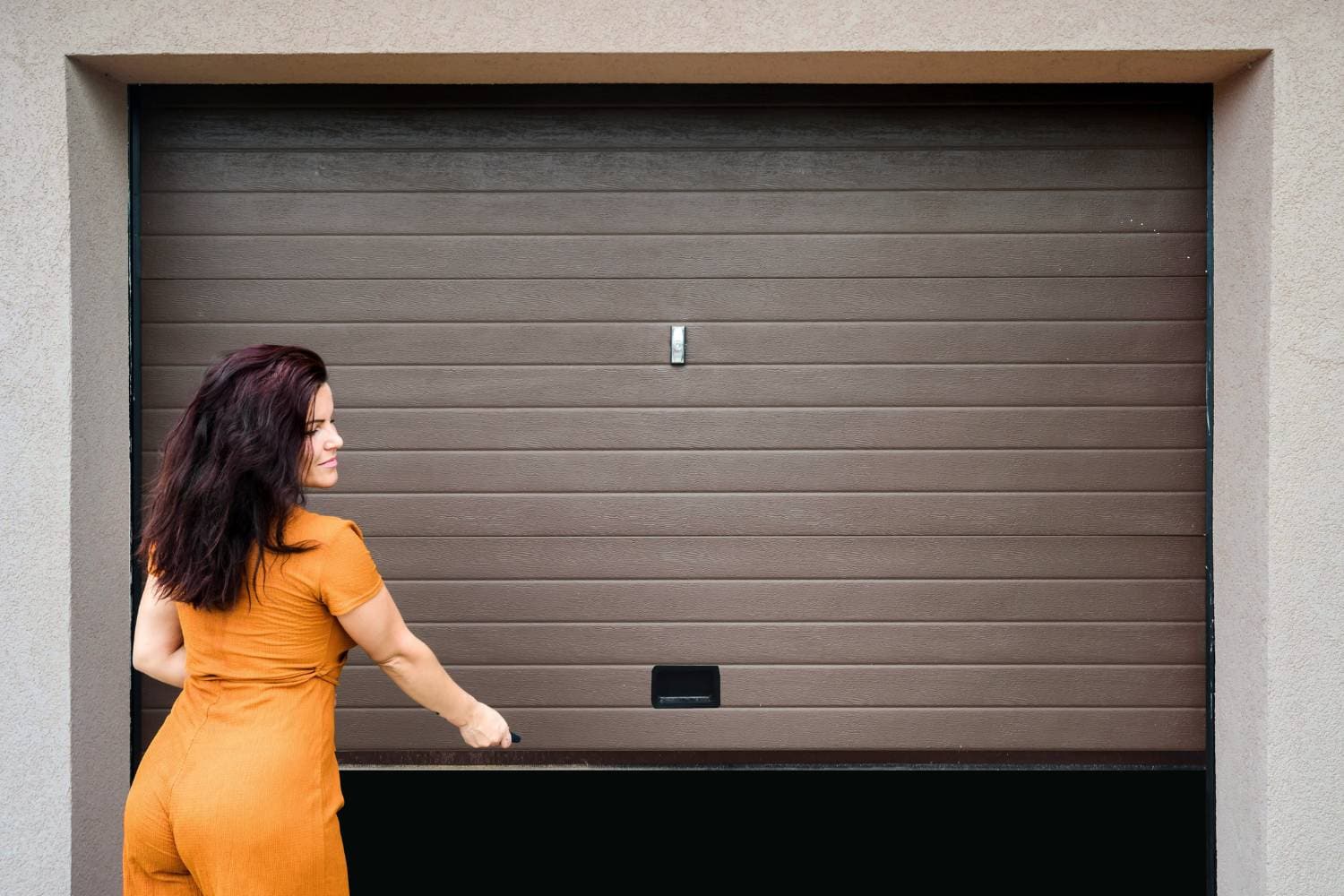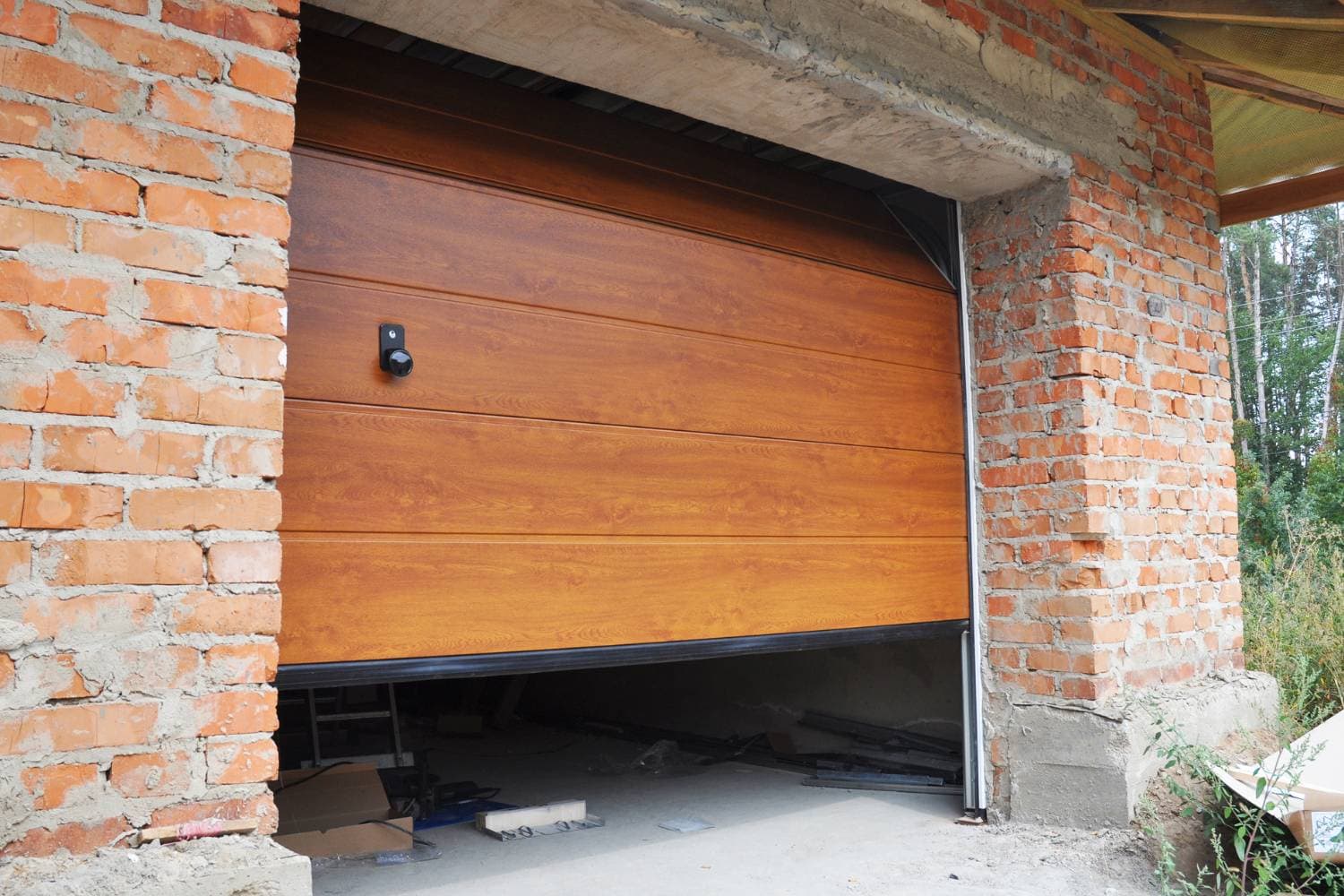Garages are often utilised as catch-all storage areas for items that don’t fit neatly inside the home. However, not everything belongs in a garage. Knowing what not to store in the garage can save you from potential damage, hazards, and even loss of valuable items. This article outlines nine items you should never store in the garage, highlighting why these common storage choices can lead to problems and offering practical alternatives.
Essential Garage Storage Tips to Safeguard Your Belongings
1. Store a Fridge or Freezer Safely
Refrigerators and freezers can be convenient to have in the garage, but they must be stored correctly. Temperature fluctuations in garages can cause these appliances to work harder, leading to increased energy consumption and potential breakdowns. Additionally, improper ventilation can cause overheating and reduce the lifespan of the appliances.
- Ensure the garage is well-ventilated.
- Consider installing a climate control system.
- Regularly check for dust and debris buildup around the appliance.
2. Preserve Old Photos, Paper, and Cardboard
Storing old photos, important papers, and cardboard boxes in the garage is not advisable due to the risk of moisture damage and pest infestations. These materials are highly susceptible to damage from humidity and temperature changes, which can cause them to warp, curl, or grow mould.
- Use airtight containers for any paper products you must store in the garage.
- Consider storing these items in a closet, attic, or a dedicated storage unit with climate control.
3. Securely Store Propane Tanks
Propane tanks are common household items that should never be stored in the garage. They pose a significant fire hazard due to the potential for leaks and explosions. Propane tanks should be stored in a well-ventilated area, away from potential sparks or open flames.
- Store propane tanks outside in a secure, ventilated area.
- Regularly check for leaks or damage to the tank.
4. Organise Food Storage for Safety
Storing food in the garage can lead to spoilage due to temperature fluctuations and attract pests such as rodents and insects. The garage environment is not ideal for keeping food items fresh and safe.
- Store food in climate-controlled areas like the pantry or kitchen.
- If garage storage is necessary, use sealed, pest-proof containers.
5. Protect Wine with Proper Storage
Wine requires stable temperatures and humidity levels to maintain its quality. Storing wine in the garage, where temperatures can fluctuate wildly, can spoil the wine.
- Use a wine fridge or a dedicated wine cellar for proper storage.
- Ensure the storage area maintains a consistent temperature and humidity level.
6. Safeguard Clothing and Fabrics
Clothing and fabrics should not be stored in the garage due to the risk of moisture damage, pests, and fluctuating temperatures. These factors can cause fabrics to mildew, mould, and deteriorate over time.
- Store clothing in climate-controlled environments like closets or under-bed storage.
- Use vacuum-sealed bags for additional protection against moisture and pests.
7. Store Wooden Furniture Carefully
Wooden furniture and items are susceptible to moisture and humidity, which can cause them to warp, swell, and contract. Storing them in the garage can lead to permanent damage and attract pests like termites.
- Store wooden items in climate-controlled environments.
- Use protective covers to shield them from dust and pests.
8. Manage Paint and Hazardous Materials
Paint and other hazardous materials, like thinners and cleaning agents, should not be stored in the garage due to the risk of temperature fluctuations and chemical reactions. These substances can separate, become unusable, or pose a fire hazard.
- Store paint in a cool, dry place inside the home.
- Use a dedicated cabinet for hazardous materials, ensuring it’s well-ventilated.
9. Handle Old Electronic Equipment with Care
Electronics such as TVs, DVD players, computers, and gaming consoles are highly sensitive to temperature fluctuations and moisture. Storing them in the garage can lead to corrosion, electrical damage, and shortened lifespans.
- Store electronics in climate-controlled areas.
- Keep them in original packaging if possible, or use anti-static bags and sealed containers.
Additional Tips for Effective Garage Storage
While we’ve covered the items that should never be stored in the garage, here are some additional tips to help you make the most of your garage storage:
- Use Shelving and Cabinets: Investing in good shelving and cabinets can help keep items off the floor and organised. This not only protects them from potential water damage but also makes it easier to find what you need.
- Label Everything: Clear labelling of boxes and storage bins can save you time and frustration when searching for items.
- Maintain a Clean Environment: Regularly clean and declutter your garage. This helps to reduce dust buildup and deters pests from making your garage their home.
- Install Proper Lighting: Good lighting can make a big difference in a garage. It helps you see what you’re storing and can make the space more functional.
- Consider Insulation: If you live in an area with extreme temperatures, insulating your garage can help protect your stored items from temperature fluctuations.
- Utilise Vertical Space: Maximise storage by using vertical space for hanging items or installing ceiling-mounted storage racks. This is particularly useful for seasonal items or sports equipment.
Conclusion
Understanding what not to store in garage is crucial for protecting your belongings and maintaining a safe and organised space. Items such as refrigerators, old photos, propane tanks, food, wine, clothing, wooden furniture, paint, and electronics are particularly vulnerable to the conditions commonly found in garages. By following these guidelines and opting for more appropriate storage solutions, you can ensure your items remain in good condition and your garage remains a safe and efficient space.
Key Takeaway
Never store in the garage: Refrigerators, old photos, propane tanks, food, wine, clothing, wooden furniture, paint, and electronics. These items are prone to damage, pests, and safety hazards due to the environmental conditions typically found in garages. Instead, use climate-controlled, well-organised storage solutions to keep your belongings safe and in good condition.



